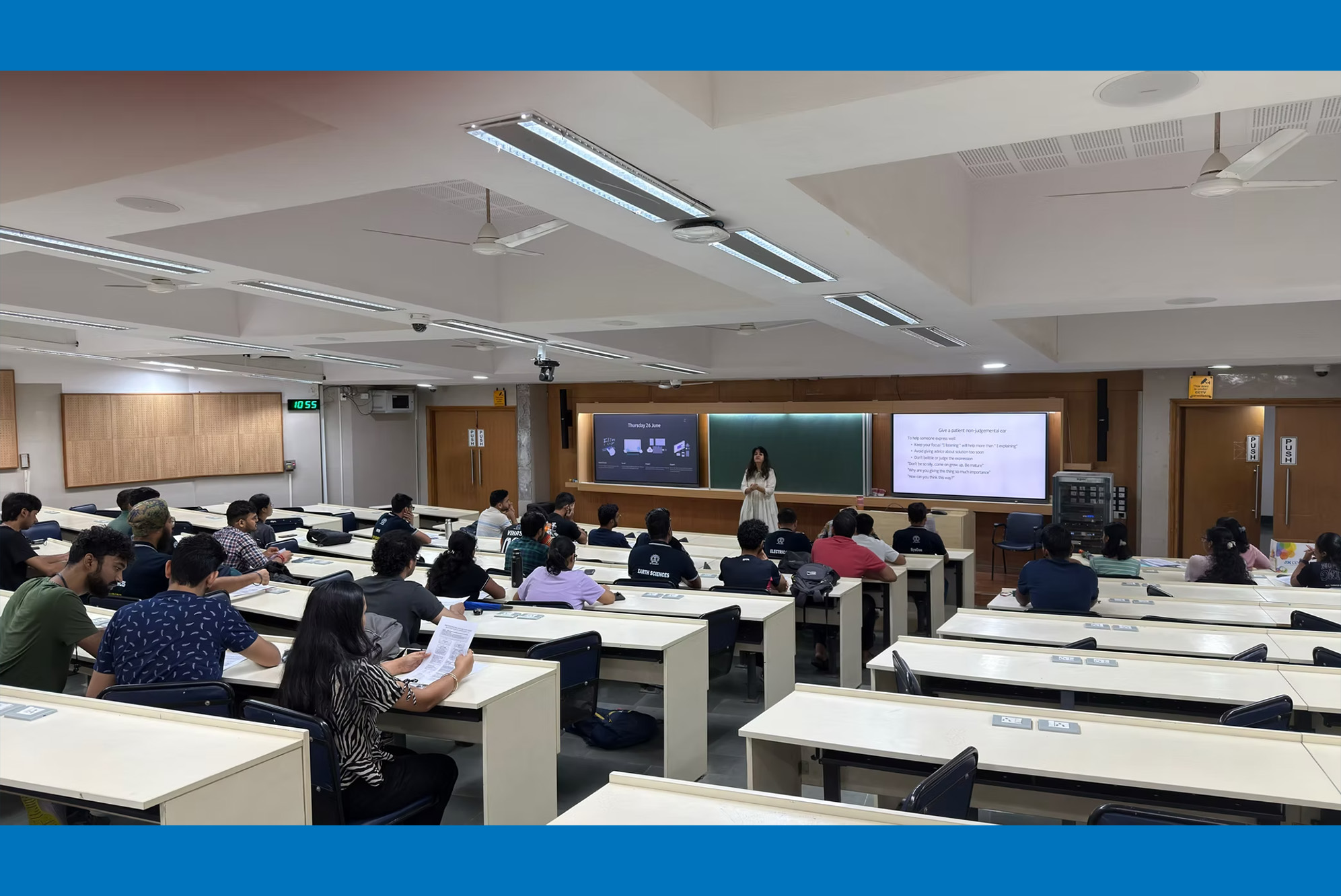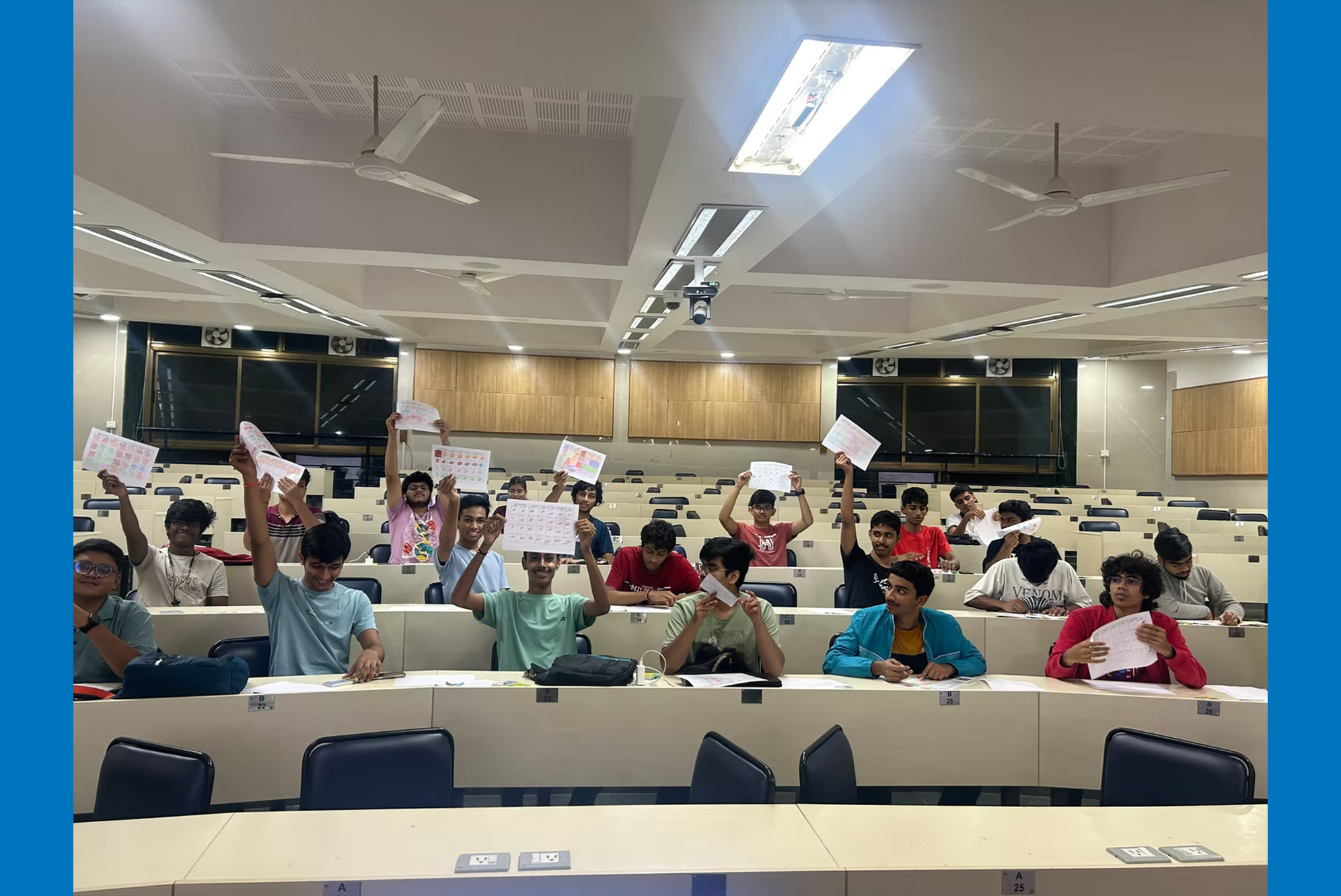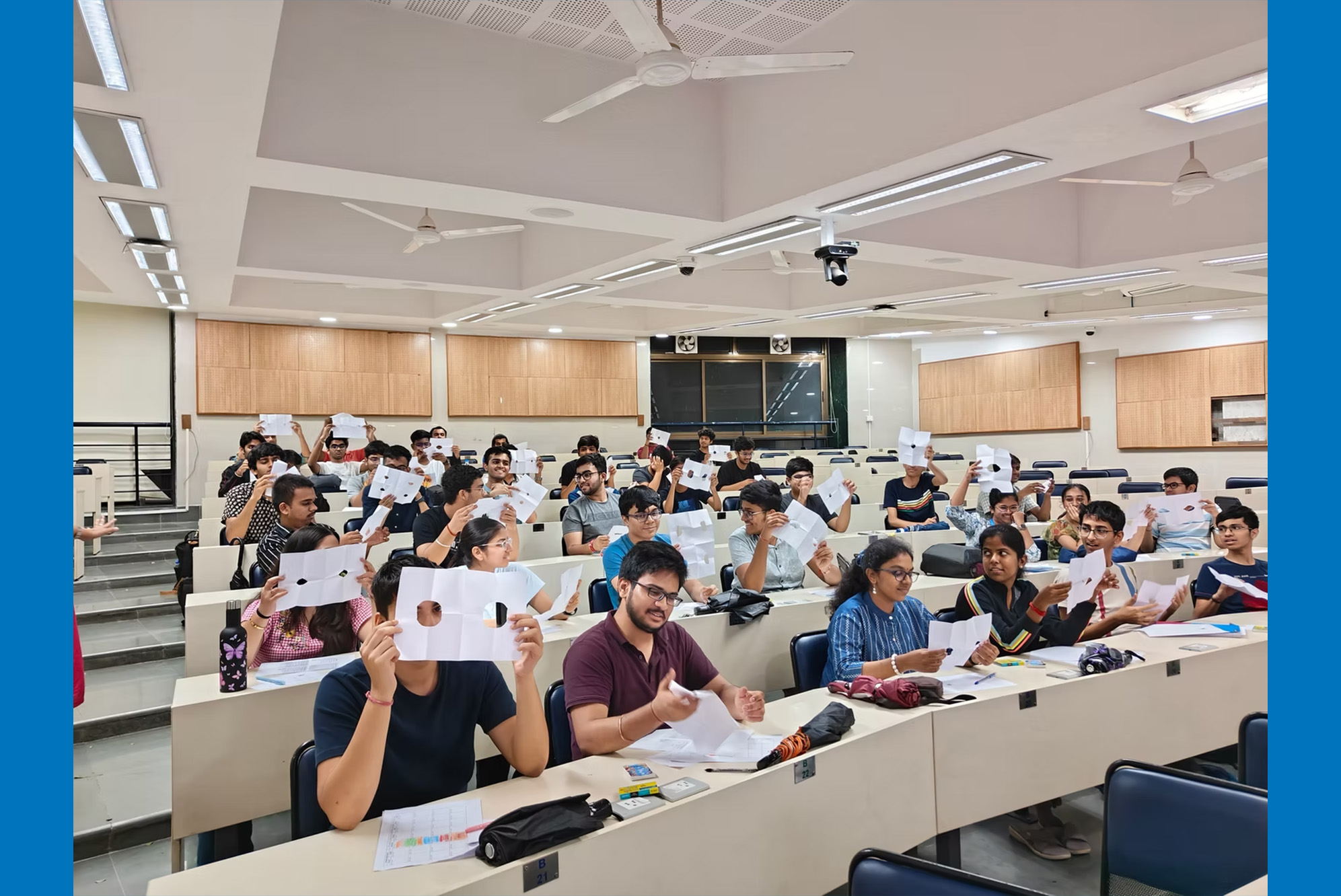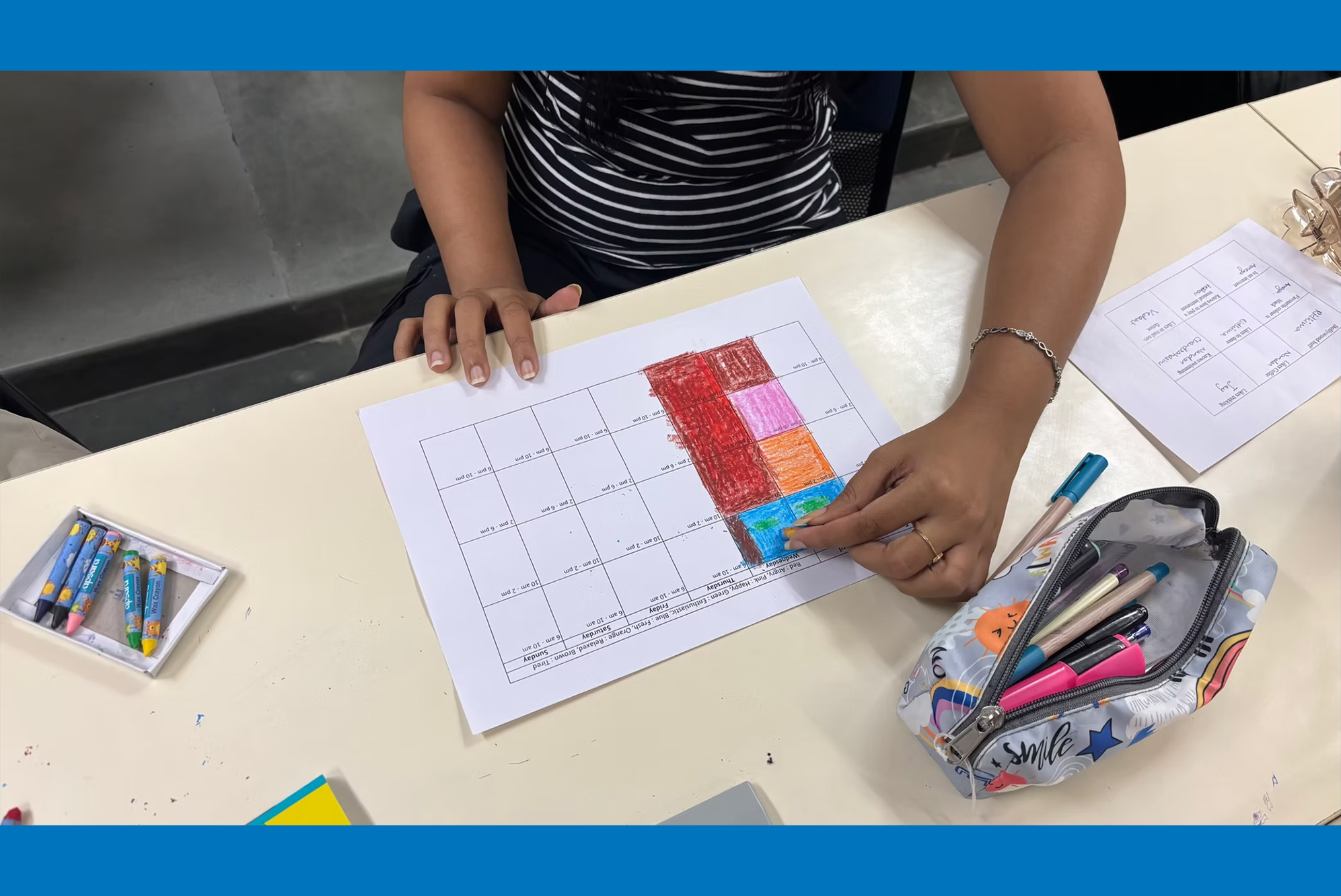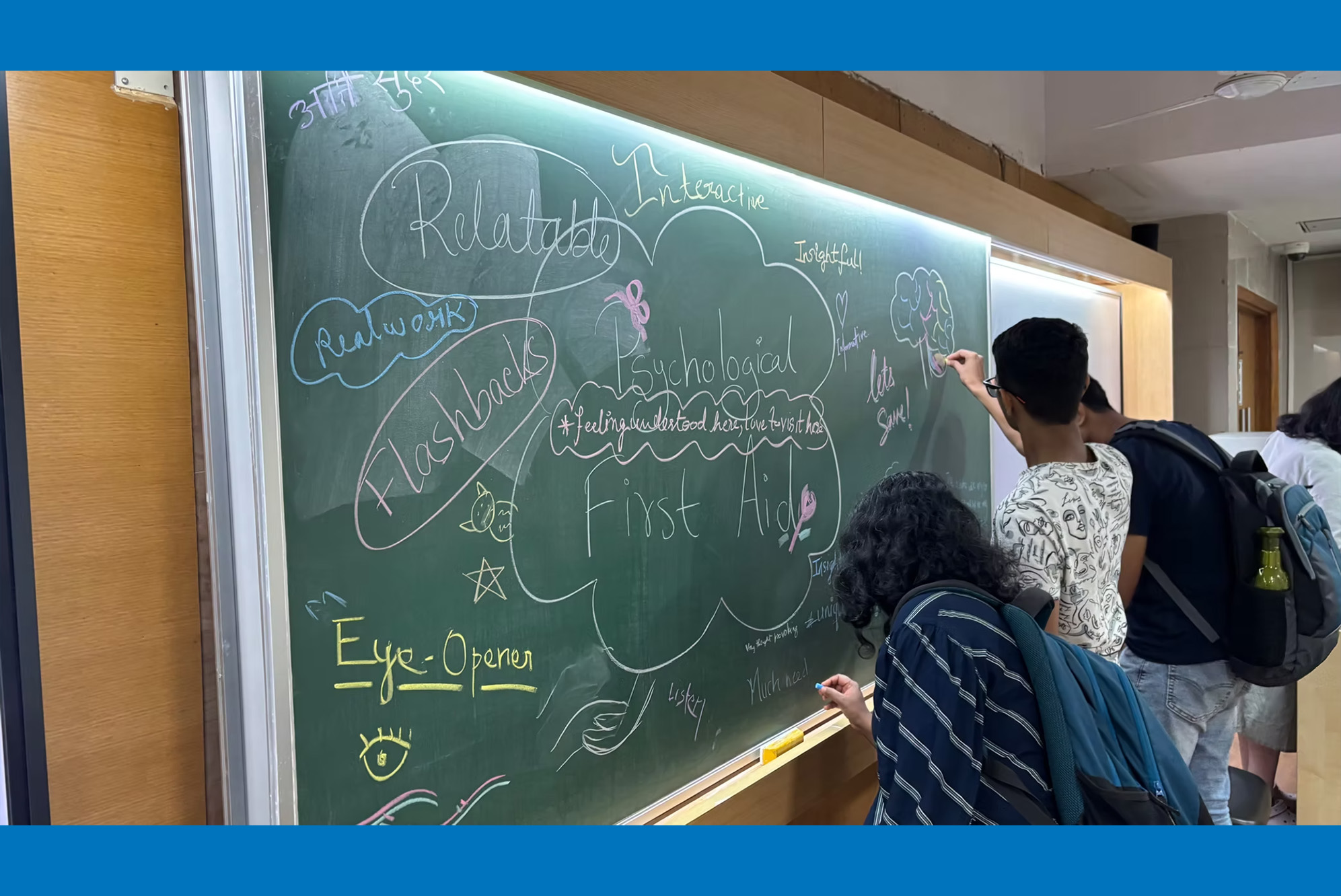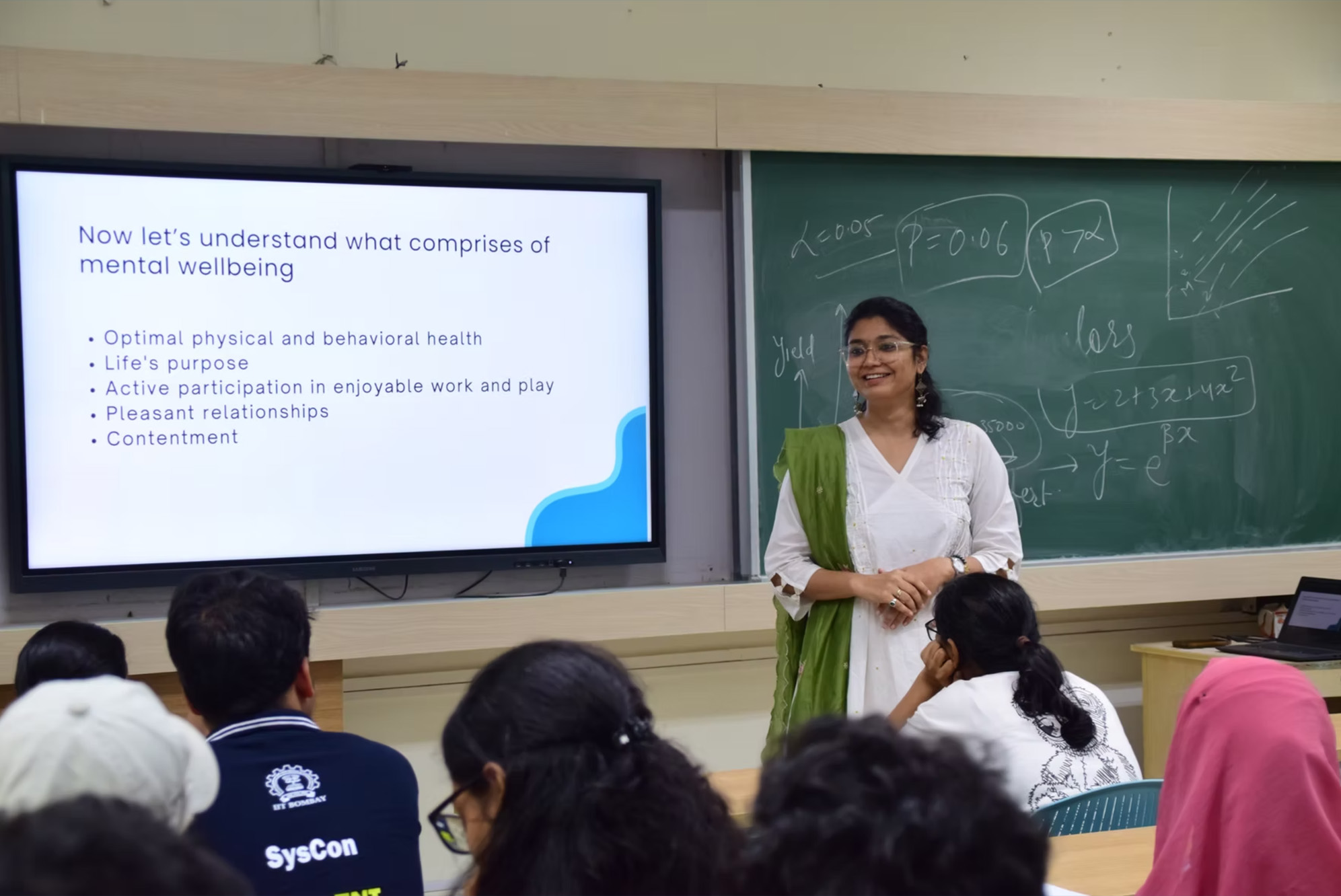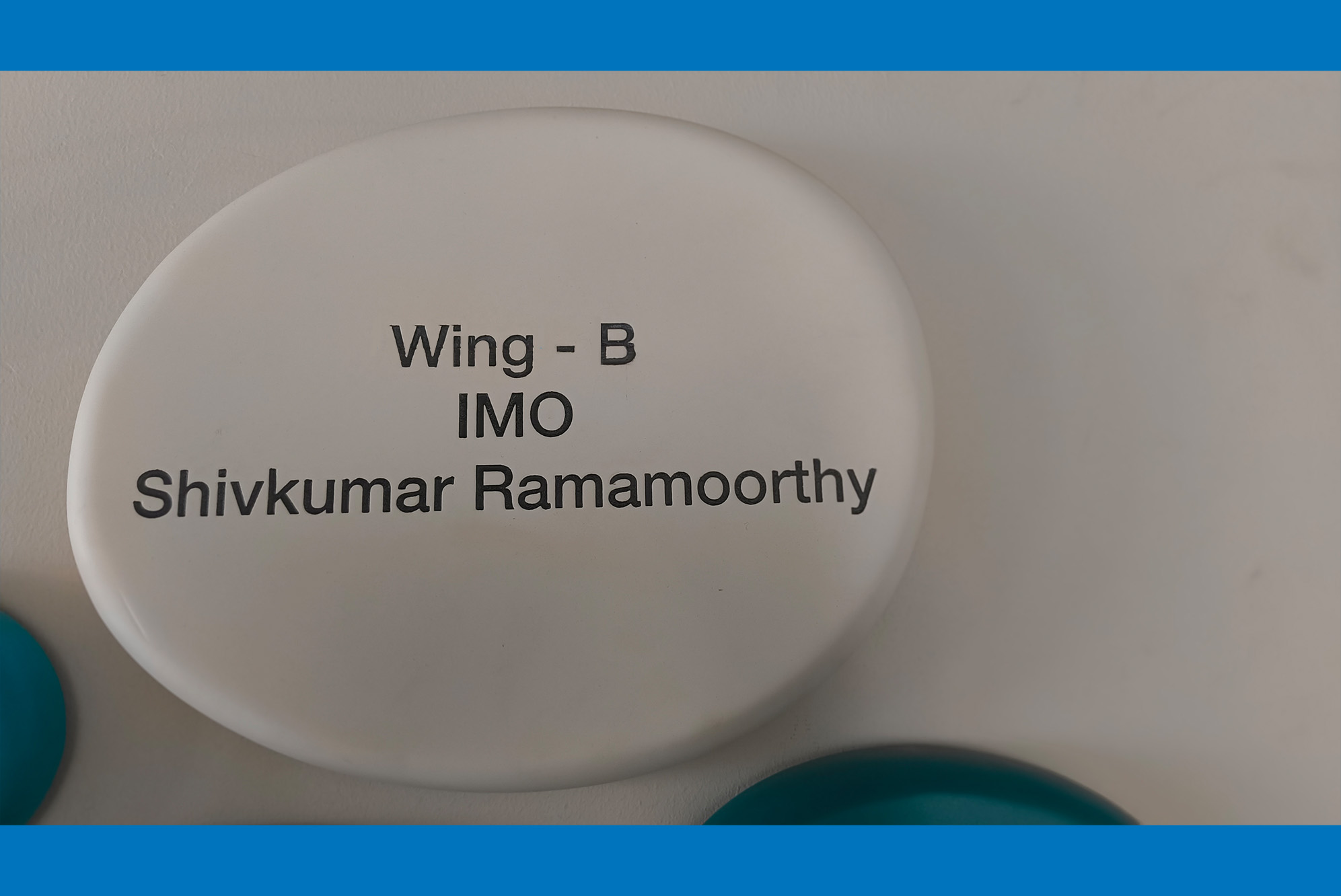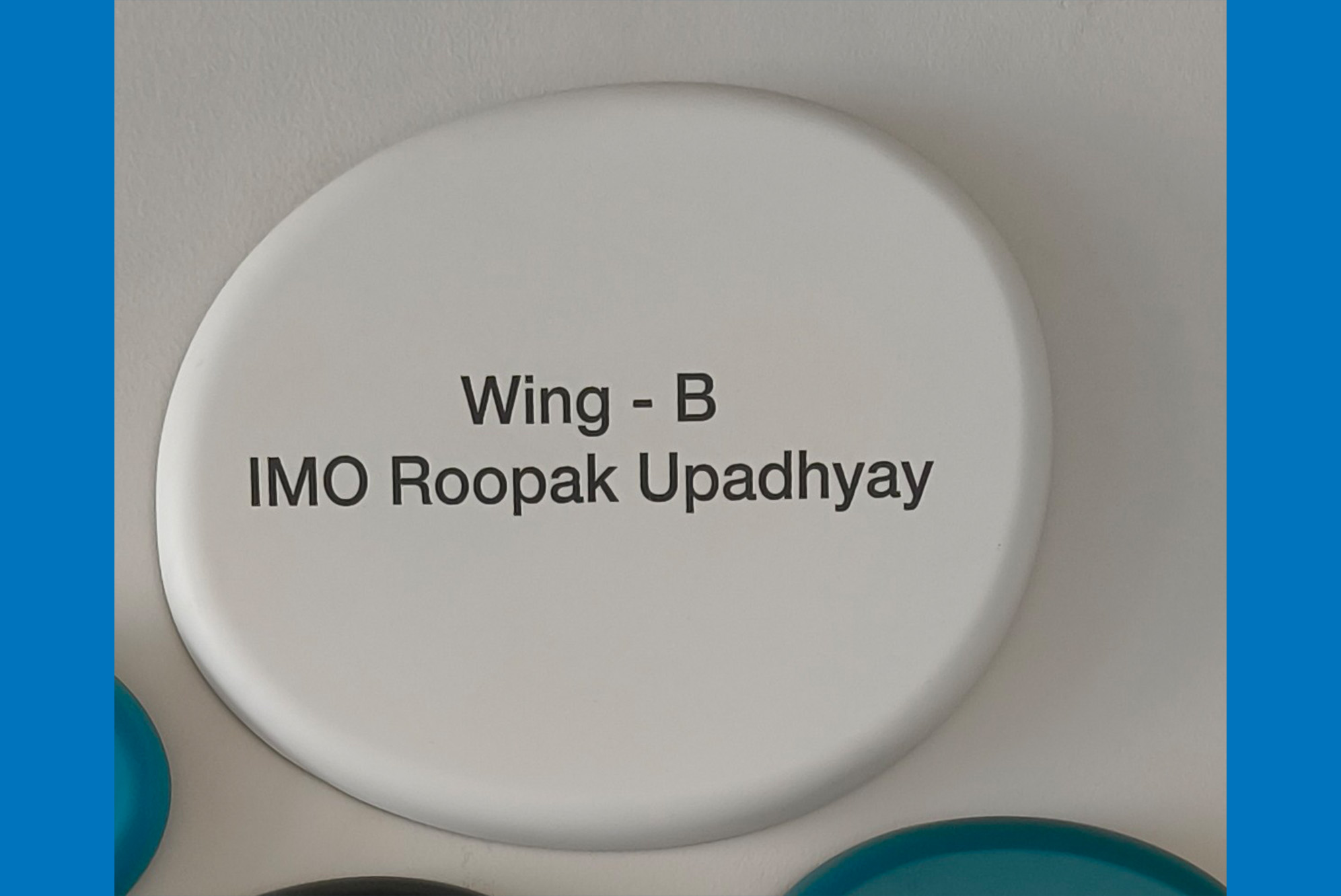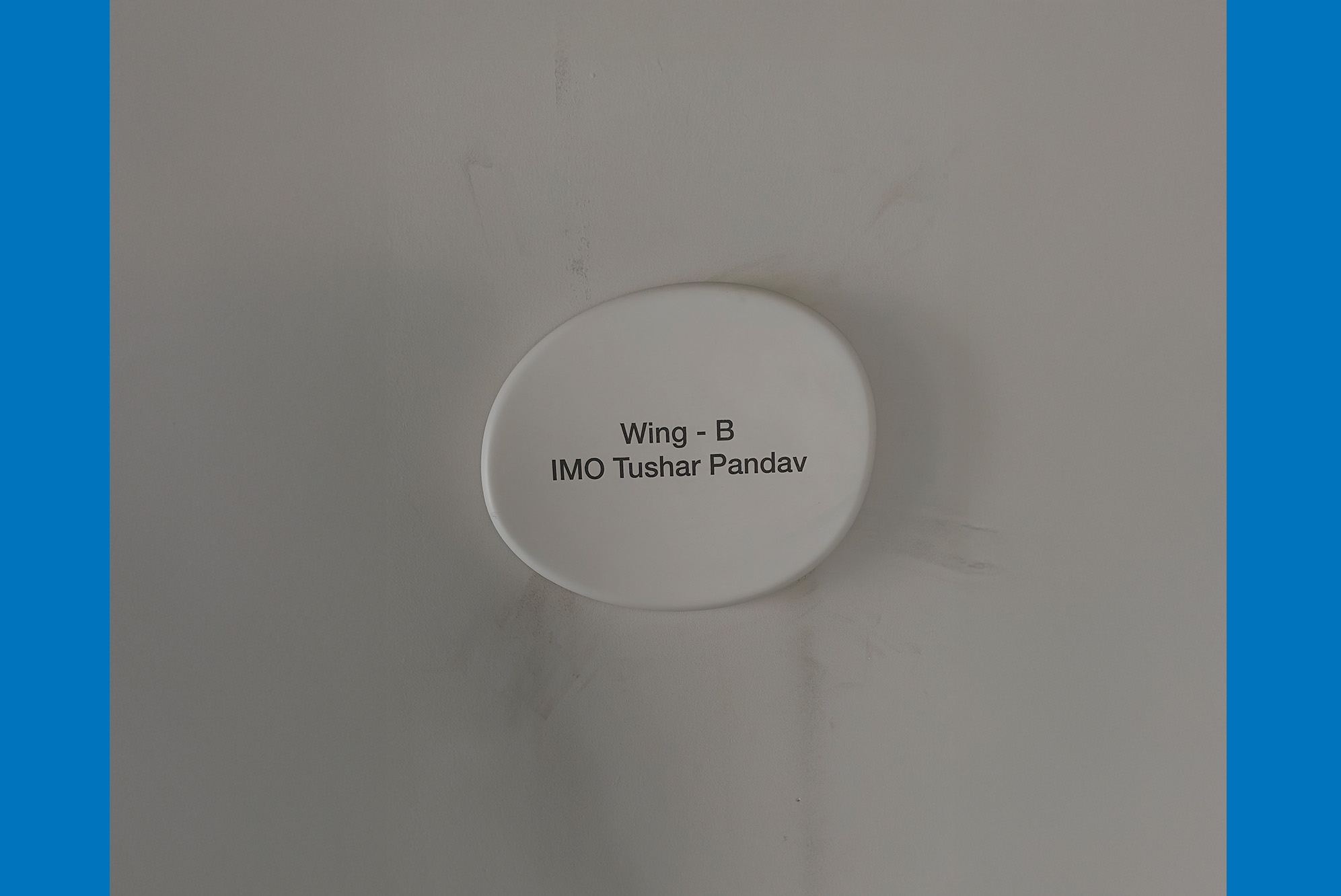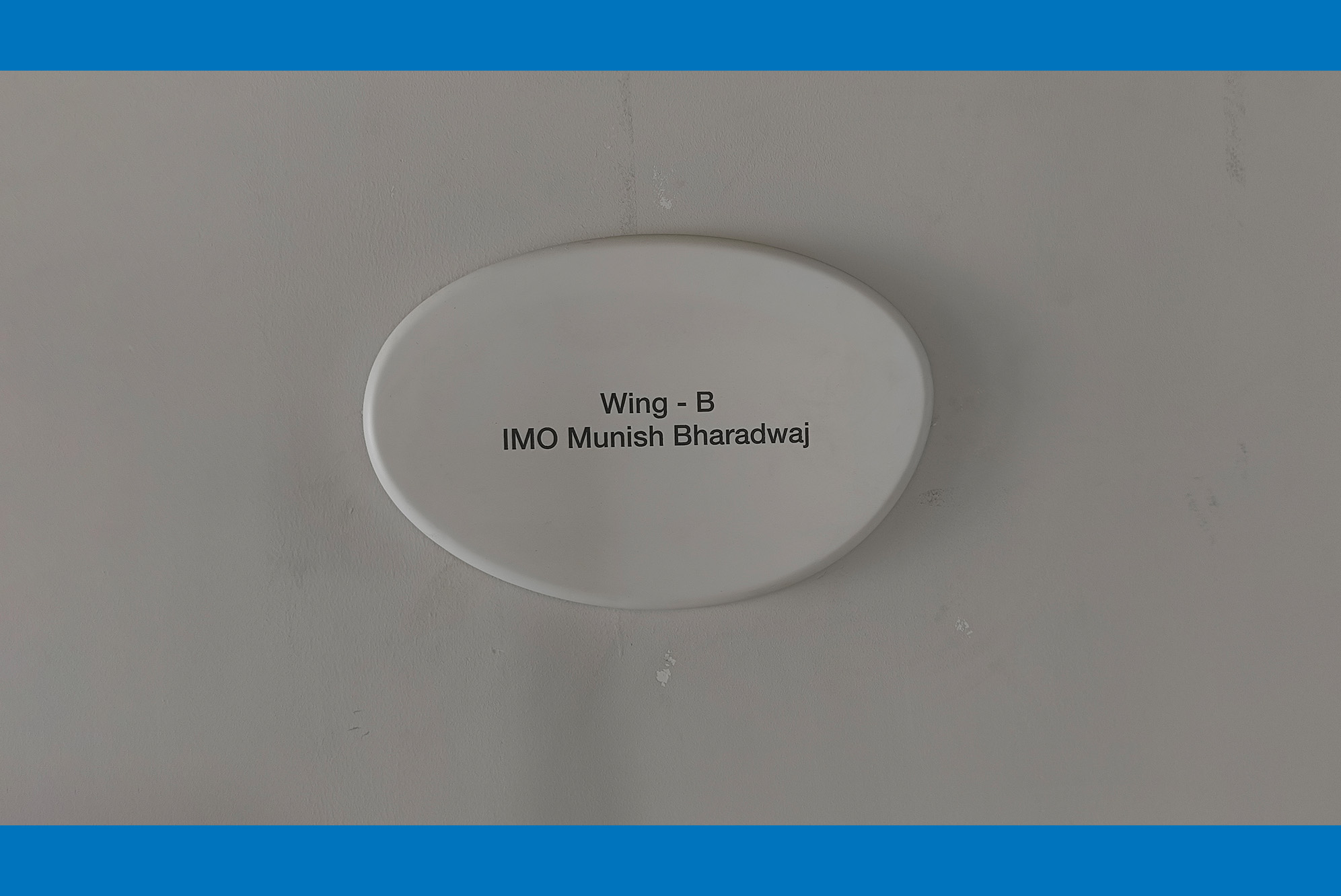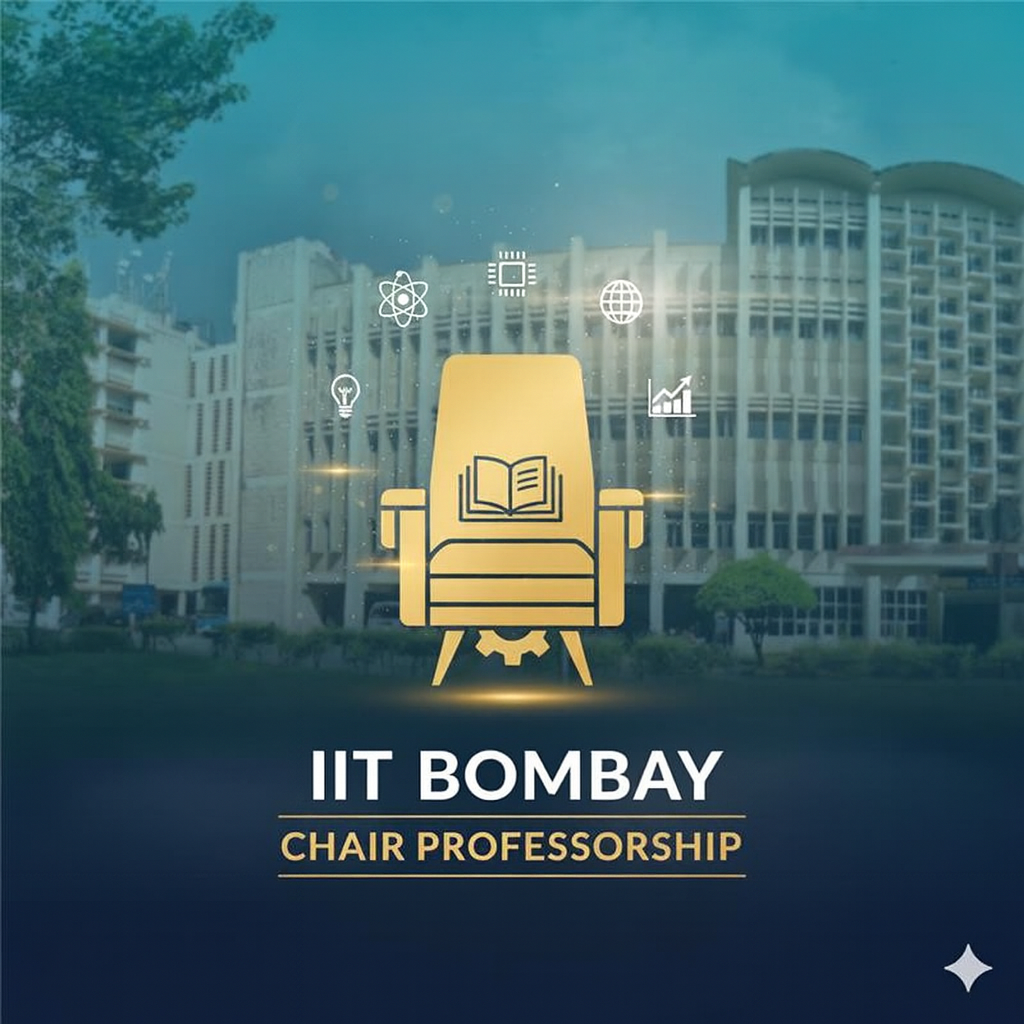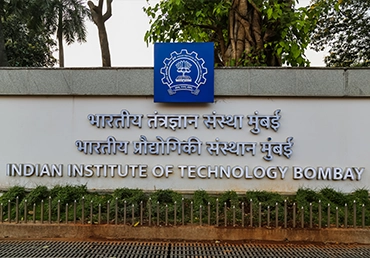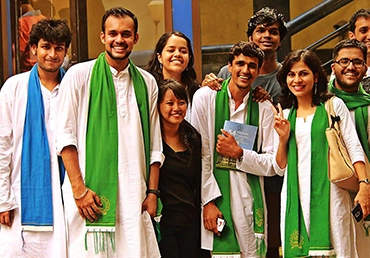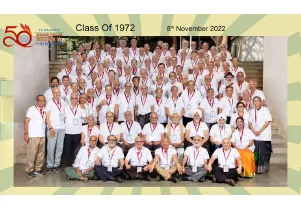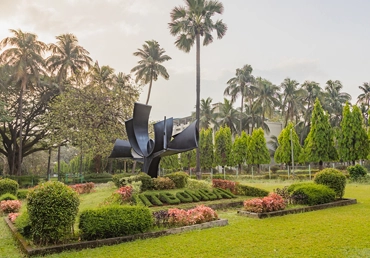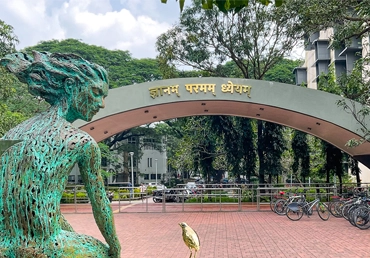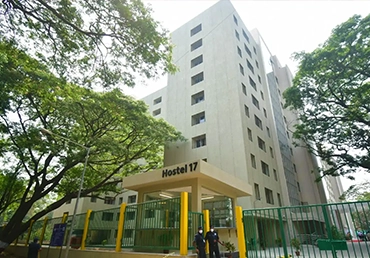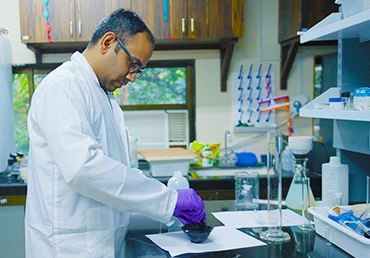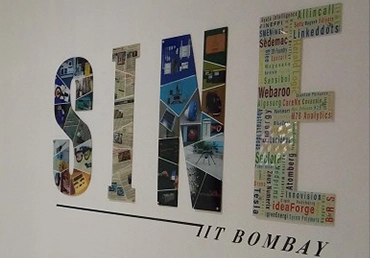Class of 1998 Legacy Project
The Class of 1998, during their 20th reunion, generously funded a Chair Professorship and student travel fund.
Continuing their legacy, the Class celebrated their Silver Jubilee in 2023, supporting Project Evergreen (H7-8-21) and key institute priorities - Retired Faculty Wellness Fund, Young Faculty Fellowship, Financial Aid Program, and Benevolence Fund. They also extended support to the Student Flourishing Hub and upcoming Drone and Robotics Lab


Project 1
Student Flourishing Hub
This initiative aims to enhance student well-being by expanding access to professional services, implementing evidence-based flourishing programs, and establishing dedicated campus spaces for students to practise well-being skills.
Read More Read MoreProject 2
Hostel Infrastructure: Project Evergreen
The class of 1998 has generously contributed towards Project Evergreen. To honour their contribution five wings have been named after their batchmates, in Memoria.
Read More Read MoreProject 3
Maker Space/Thematic Lab – Robotics and Drones
This lab would serve as a testing facility for various robots and drones, using other thematic labs like design studio, product assembly, micro factories, and more, to support all types of indoor testing.
Read More Read MoreProject 4
Class of 1998 Chair Professorship
The generous funding from the Class of 1998 supported a Chair Professorship in various emerging fields.
Read More Read MoreProject 5
Travel Fund
The Class of 1998 set up a travel fund to help students present their research abroad, promoting quality work, global exposure, and strengthening IIT Bombay’s international presence?.
Read More Read MoreLegacy at a Glance
-
20
Pledged Amt (INR Cr)
-
20
No of people pledged
-
20+
Received Amt (INR Cr)
-
20
No. of donors


